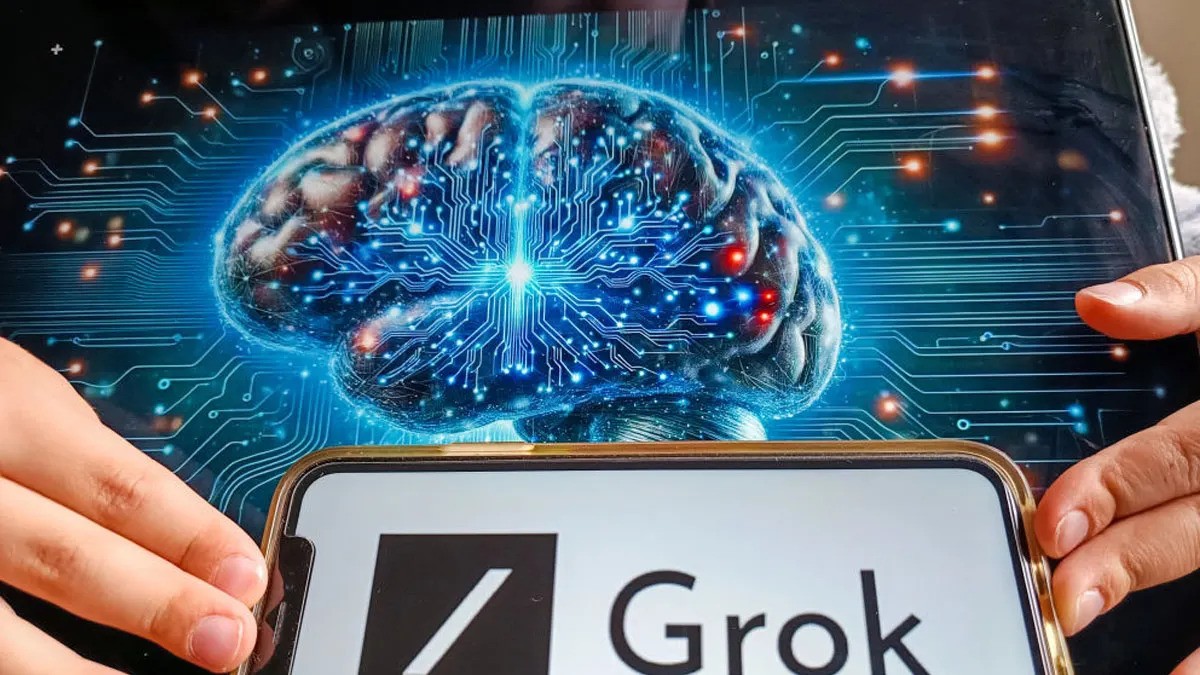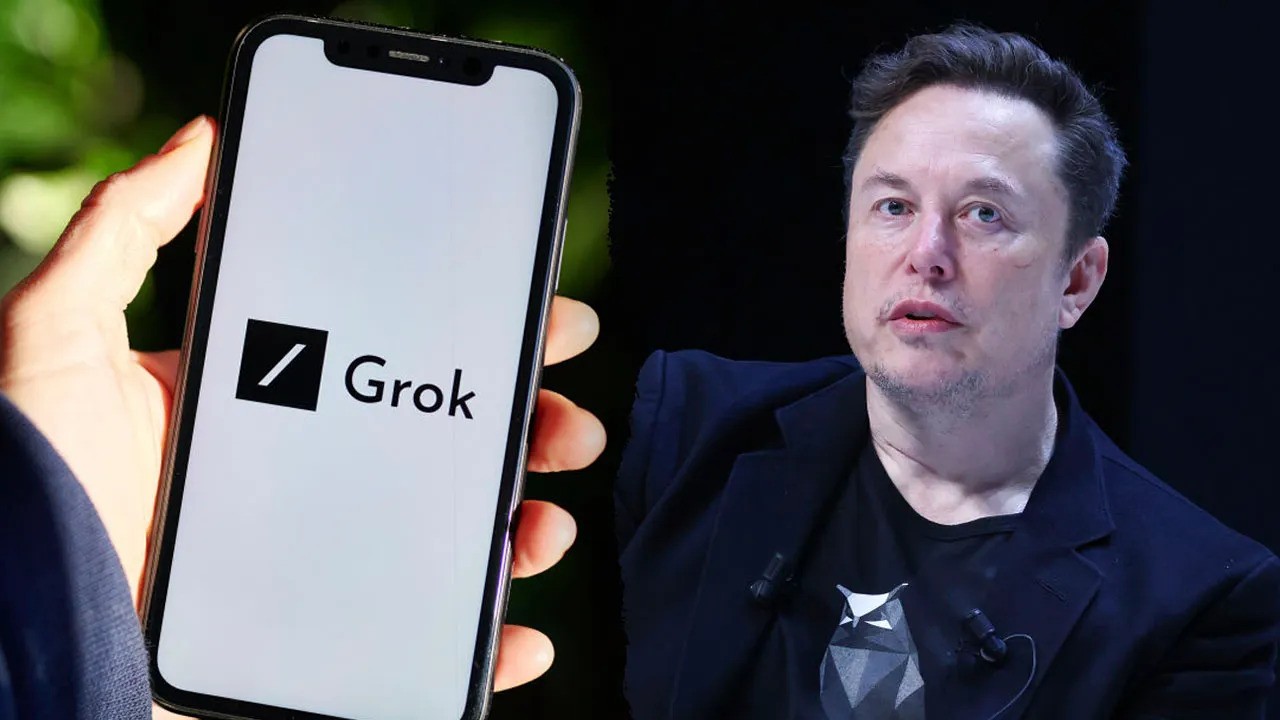Elon Musk, known for revolutionizing industries with Tesla and SpaceX, is now making waves in health care by encouraging the public to submit their medical scans to Grok, his AI chatbot. In a post on X, formerly Twitter, Musk urged his followers to send in X-rays, PET scans, MRIs, or other medical images for analysis. He’s optimistic about the technology, stating: “This is still early stage, but it is already quite accurate and will become extremely good.”
AI in Medicine: A Glimpse into the Future

While Musk’s ambitious vision for Grok seems promising, medical professionals advise a balanced approach. Dr. Marc Siegel, a clinical professor at NYU Langone Health and senior medical analyst, sees AI as a crucial part of the future of health care. He commented, “It will be a big factor in terms of patients who have access to their own data, and it will become a big part of outreach to underserved areas, where well-trained radiologists are not available.”
Siegel believes that AI technology is approaching a level of accuracy that can guide patient-centric care. However, he stresses the need for medical professionals to stay involved.
“Doctors still need to guide the way or be available remotely to oversee guidance,” Siegel remarked.
AI’s Role in Health Care: A Useful Partner, Not a Replacement
Musk’s request for people to submit scans is about more than just gathering data—it’s about improving Grok’s ability to make accurate health assessments. “People sending in images will help greatly with development as AI perfects its responses based on machine learning,” Siegel explained. However, he was clear about AI’s limitations, saying: “It will not replace doctors entirely, but will be a very useful partner.”
Emergency room physician Dr. Harvey Castro also weighed in, highlighting AI’s potential to speed up diagnostics in critical situations. “As an ER physician, I’ve seen firsthand how crucial quick, accurate diagnostics are in life-threatening situations,” Castro told. He noted that “AI can be a powerful tool in augmenting medical expertise, potentially accelerating diagnosis and improving patient outcomes.”
Treading Lightly: Caution in the Age of Medical AI

Despite the optimism surrounding AI, both experts advise caution. While Grok and other AI models are showing promise, the technology is still in its infancy. “Doctors still need to guide the way or be available remotely to oversee guidance,” Siegel emphasized, reinforcing the necessity of human oversight in the medical field.
Castro also underscored the importance of accuracy and reliability when dealing with sensitive medical data. “AI used in health care should complement human expertise, not replace it,” he said, stressing the need for patient safety and trust. According to Castro, “Ethical oversight, transparency and validation of established medical standards are non-negotiable as we move into this new frontier,.”
Moving Forward: Balancing Innovation with Responsibility
As AI continues to evolve, it’s clear that technology like Grok holds immense potential. However, both Siegel and Castro agree that medical AI must meet the highest standards of safety, reliability, and ethics. Patient privacy, data security, and trust must remain the top priorities as the technology develops. As Castro wisely noted: “This technology holds transformative potential, but it must prioritize patient safety and trust above all.”
In the end, Musk’s bold step toward integrating AI into health care has opened the door to a new frontier. While the journey is exciting, experts urge both the public and professionals to proceed thoughtfully. Only with careful oversight, collaboration, and constant validation will AI truly become the valuable tool it promises to be.



